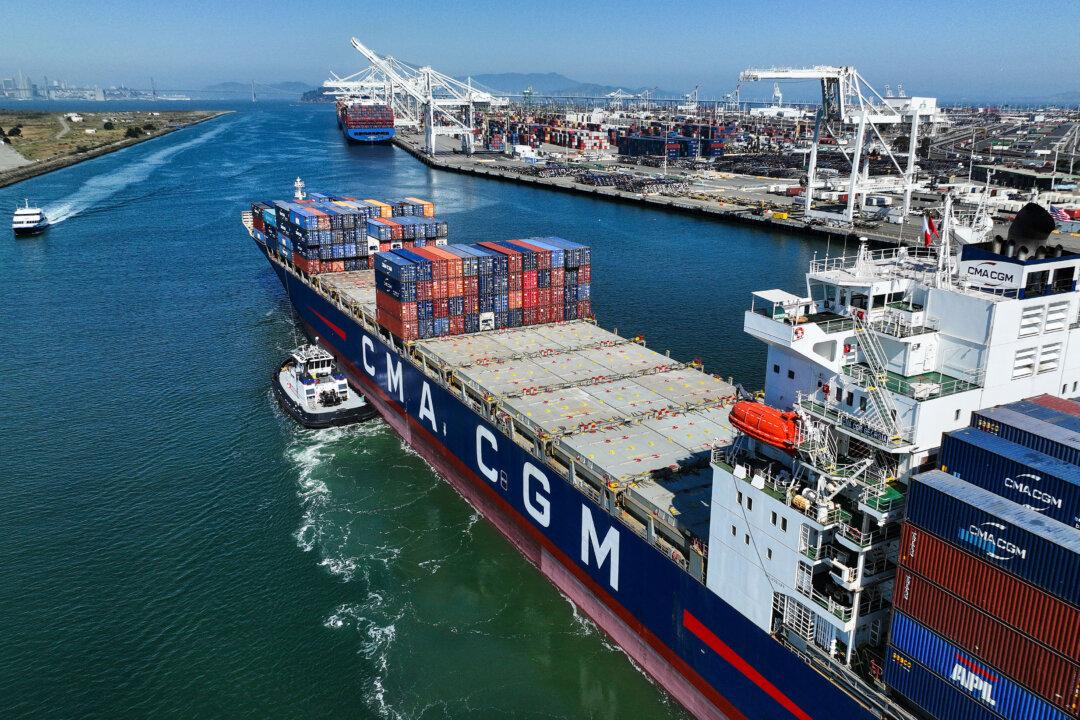The U.S. shipping industry has dwindled over past decades while China’s has drastically grown, putting the United States at an economic and military disadvantage, according to experts at a roundtable discussion held in Washington on July 9.
The roundtable, titled “Reinvigorating the U.S.-Flag Fleet and Shipbuilding Industry,” was attended by maritime industry leaders and the Subcommittee on Coast Guard and Maritime Transportation.





